Founders of HK protest lead dozens to surrender
Updated: 2014-12-04 02:53
By KAHONCHAN in Hong Kong(China Daily)
|
||||||||
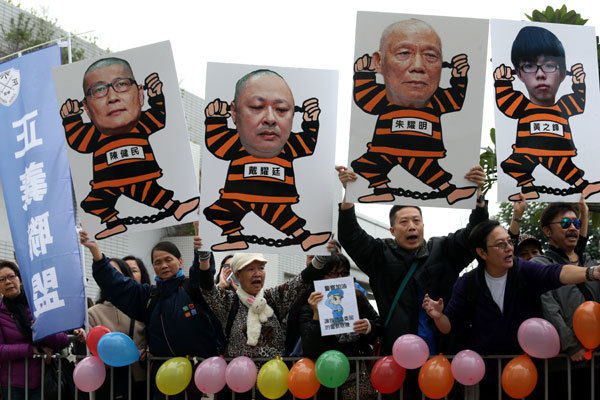 |
|
Protest opponents carry caricatures of (from left) Chan Kin-man, Benny Tai, Chu Yiu-ming and student leader Joshua Wong outside Central Police Station in Hong Kong on Wednesday before Tai, Chan and Chu surrendered themselves to police. EDMOND TANG / CHINA DAILY |
Admit only to joining unauthorized public gathering, followers are told
The men who conceived the "Occupy Central" campaign in Hong Kong stepped away from the illegal protests on Wednesday and walked into a police station to give themselves up.
University of Hong Kong law professor Benny Tai Yiu-ting, Chinese University of Hong Kong sociologist Chan Kin-man and the Reverend Chu Yiu-ming led dozens of others who turned themselves in.
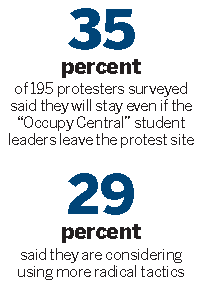
Before walking into the police station in the city's Central district, the three campaign leaders told about 60 followers to admit only to the offense of knowingly taking part in an unauthorized public gathering.
Tai said they were given a form on which to mark offenses they are suspected to have committed. Although he conceived the campaign and invited supporters to join the unauthorized protest, he did not admit to convening the protest.
The three ducked a question on why only dozens of supporters responded to their appeal to turn themselves in, given that several thousand had pledged earlier this year to do so after a protest.
The two student groups that initiated the protests in late September were lying low on Wednesday. The student leaders had sidestepped the "Occupy" founders after the latter appealed for a withdrawal from the occupation sites.
Hong Kong's Secretary for Justice, Rimsky Yuen Kwok-keung, a fellow law student of Benny Tai's, delegated the city's deputy director of public prosecutions to handle the case.
The "Occupy" organizers and the student leaders parted in late October when Tai and Chan quit the sit-in and returned to work.
After a failed attempt on Sunday night to besiege the Hong Kong government headquarters, a split emerged between the two student groups, with Scholarism turning to a hunger strike.
The Hong Kong Federation of Students did not agree with the hunger strike, its secretary-general Alex Chow Yong-kang said on Wednesday.
He also said that "everyone" had agreed that the "Occupy" tactics were not working and were considering how to resolve the situation.
A survey by the Hong Kong Policy Research Institute shows that even if the student leaders leave the protest site outside the government headquarters in Admiralty, only a third of the protesters will follow.
Of 195 protesters surveyed on Friday, 35 percent said they will stay and 29 percent said they are considering using more radical tactics.
Lau Siu-kai, a former government adviser and now vice-president of the Chinese Association of Hong Kong and Macao Studies, said a deliberate absence of effective leadership, and an inevitable dominance of radicals, will bring self-destruction to the illegal protests.
At the start of the protests, Lau criticized students for boycotting classes. Two months on, he said not only has the campaign failed to draw wider support, but protesters have isolated themselves from society through recklessness.
Although the protest organizers "took the heat" for inciting serious clashes on Sunday, Lau fears the city has not seen the worst of street violence, as other activists may decide to challenge law enforcement.
He said that while the opposition camp are clear losers, the authorities still face an enormous challenge. As the public agenda focus has shifted toward law and order, he expects the city's legislature to deny reform for the election of the chief executive in 2017.
Hong Kong's Chief Executive's Office refused a request for dialogue from Scholarism on Wednesday, saying there are no legal grounds to meet it.
kahon@chinadailyhk.com
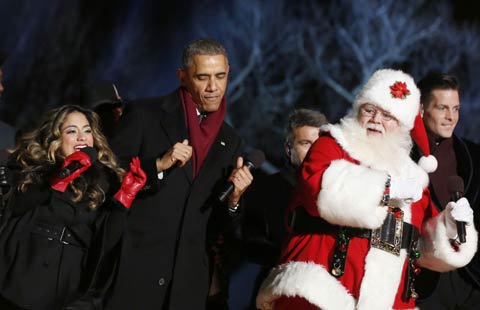
 Obamas usher in Xmas with lighting of national tree
Obamas usher in Xmas with lighting of national tree
 Family of nine struggles to survive
Family of nine struggles to survive
 World news pictures of the year 2014
World news pictures of the year 2014
 S. Africa marks first anniv. of Mandela's death
S. Africa marks first anniv. of Mandela's death
 China's budget aviation sector has new comer
China's budget aviation sector has new comer
 Archeologists explore ancient ship of Song Dynasty
Archeologists explore ancient ship of Song Dynasty
 The 4th Canada-China Business Excellence Awards
The 4th Canada-China Business Excellence Awards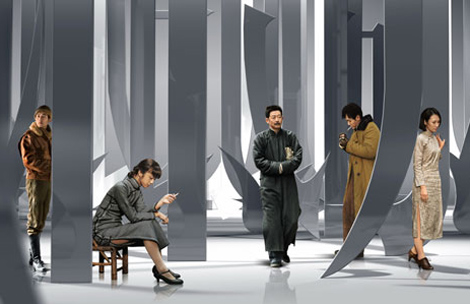
 Golden year for Chinese cinema
Golden year for Chinese cinema
Most Viewed
Editor's Picks

|

|

|
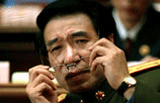
|
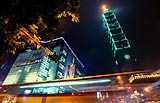
|

|
Today's Top News
Xi vows military boost
Top US justice official promises probe after NYC chokehold death
China, Japan take step to soothe relations
Best Buy bids adieu to China after struggle with high costs
Hotpot chain to raise $129m in HK to increase outlets, improve logistics
Obama upbeat on future of US-China ties
Opening minds through film
Meet an original Bambi artist, 104
US Weekly

|

|








